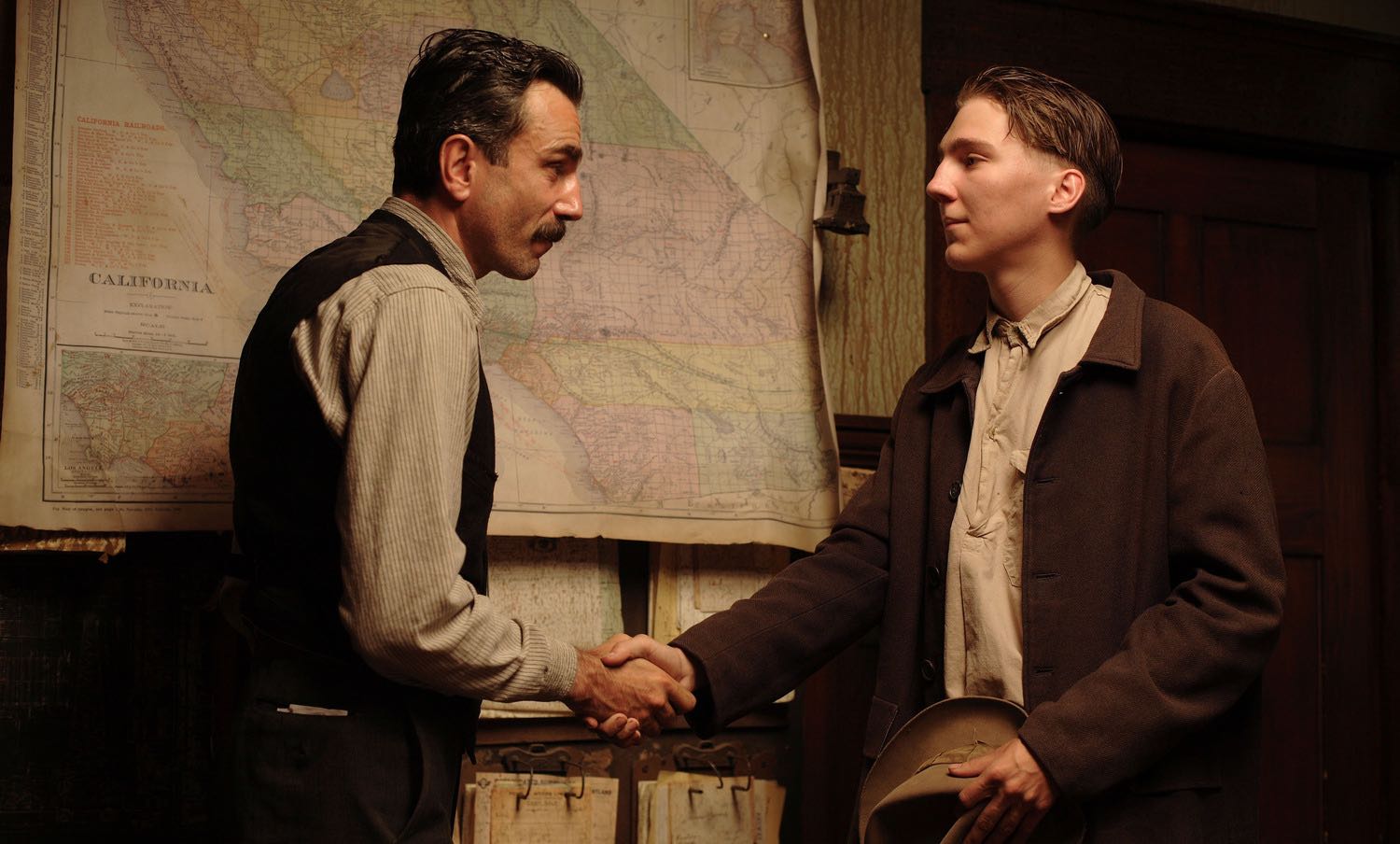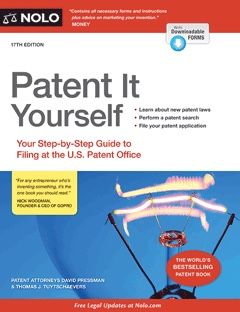When you hire a programmer or a team of programmers to implement your business idea, there is a significant risk of theft and accidental loss. They may implement your idea (or its elements) without you using their own resources. Also, they may disclose it to their friends, and those friends may disclose it even further, until it is eventually implemented by someone you don’t even know. This happens a lot—and everywhere. I’ve been on both sides. Here is my experience and a few recommendations.
There are basically a few levels of protection you can obtain, and they are listed below, from the simplest and least secure to the most expensive and most secure.
Very often, a software team you outsource programming to is located offshore in a developing country where people care about laws much less than in, say, the United States; corruption makes it possible for them to get away with ignoring almost any violation. Let’s not forget this.
We’re not discussing here the risk of losing a product. This also happens very often—your programmers start working for you, you pay them, they show you something, and then things go south. You find yourself in conflict with them, and they don’t deliver you anything; they ask for extra money instead. You end up with nothing or something that is broken and can’t be put on the market. This is yet another risk, which I’ll try to describe in another article soon.
In this article, we’re talking specifically about a situation where your programmers are using your idea to implement something similar on their own. Let’s say you want to create a new search engine that would be smarter and more accurate than Google. You disclose your algorithms to a group of talented programmers and they just implement it on their own. You already gave them a multi-billion-dollar idea; why would they work for you on the payroll if they can create their own startup? This is the question you, as a savvy entrepreneur, must be prepared to answer for yourself.
By the way, I’m not a lawyer; I’m speaking here from practical experience only.
Non-Disclosure Agreement (NDA)
The first and easiest step is a so-called NDA. Here is a very simple and useful example of one, from NOLO. You put the name of your programmers into the document and ask them to sign it. They won’t object, and you get a piece of paper with a signature; what’s next?
If I’m a programmer, the document basically states that whatever you disclose to me, I should keep in secret and never “use for my own benefit, publish, copy, or otherwise disclose to others.” If you then give me your Google-killer idea and I create my own product using its key principles, what will be your next steps?
In a court of law in your country, you will have to prove that: 1) you disclosed your idea to me, 2) I used it to create the product, 3) I didn’t know about this idea beforehand, and 4) I didn’t invent it myself. Until all of these criteria are proven, I’m innocent and my product is online, working and attracting customers.
Will you be able to prove that you disclosed the idea to me? Probably, if you sent me some documents. If you discussed it with me over the phone, you won’t prove anything.
Will you be able to prove that your exact idea was used in my product? How will it technically be possible if I don’t disclose the source code?
Can you prove that I didn’t know about something similar before meeting you? Or maybe I was thinking about it on my own. Or I read about it somewhere else.
What if I disclose your idea to my friends and they create a product? Will you be able to prove the fact of that disclosure?
There are many such questions. My point is that a signed NDA is a very weak protection. It’s more like a lock on the bathroom door—anyone can break it with a kick from their leg, but for those with good manners, it’s a sign that the restroom is occupied.
Non-Compete Clause (NCC)
The next level of protection is an agreement with a Non-Compete Clause, which explicitly prohibits me from engaging in the business that your idea is about. For example, it may sound like this: “The developer is not allowed to participate in any businesses related to online searching for five years.”
Will I sign this agreement? It depends. But if I show any reluctance in signing it, you should think twice about my real intentions.
Will this NCC protect you if I disclose your idea to my friends and they implement it? No, it won’t.
Also, I would recommend you put some explicit liability numbers into the agreement. For example, it may sound like “a minimum penalty for a proven breach of the non-compete clause is $50,000.” In my experience, such explicit statements make contracts much more valuable and help prevent them from being violated.
Copyright
Copyright is where the government starts to protect you, but you have to pay us for it (by “us” I mean all of us, the society). Well, at least in the United States. In the United Kingdom, it’s free, for example.
In the U.S., you go to copyright.gov, click “register a copyright,” fill in an online form, post the description of your business idea in a plain text file, pay $35, and you’re done. In a few months, you will receive a confirmation that your “record” is registered.
What does it give you? In a court of law, you can claim that this idea came to your mind on that specific date. Everyone who later made something similar probably stole it from you, including me, your programmer.
Will you be able to prove that my product is actually based on your idea and steals it? Maybe.
It’s not a very strong protection either, but I would recommend you do it together with an NDA and NCC.
Patent
A patent is the best you can get to protect your idea. A patent is basically a guarantee of safety that you buy from the government. To get that guarantee, you have to do three things: 1) explain what exactly will be protected, 2) prove that it doesn’t belong to someone else, and 3) pay your dues regularly. It’s very similar to what gangsters do when they “protect” you, but here we’re dealing with intellectual property and there is only one “gangster” per country. The concept is pretty much the same.
First, you describe your idea in the format that patents are written. It is not difficult at all, but it would help if you read one of those “how to file a patent” books. I recommend Patent It Yourself: Your Step-by-Step Guide to Filing at the U.S. Patent Office by David Pressman and Thomas J. Tuytschaevers.
Your application will likely amount to about 10 pages and should take a few days of your time if you know your idea well. No need to hire any attorneys; that’s a waste of money.
Then you should do some research to make sure something similar already exists—but not exactly the same. For example, you can find Google patents for searching algorithms and mention them in your patent in the list of references.
Finally, you pay $425 (if you’re a small company) and submit it to the USPTO. There is also an option to file a “provisional” patent, but I would recommend you not do this, as it’s just an extra hassle. Simply file a normal one.
Once you’ve paid, your protection starts immediately. If I create a product that uses the idea described in your patent, you can bring me to court and ask me to share my profit with you. You will claim that I was making money by using your brilliant idea, and now it’s time to share that success. Legally speaking, you will accuse me of patent infringement.
First, I will try to invalidate your patent, claiming that something similar already existed before you filed a patent, called prior art. If I succeed, the USPTO will invalidate your patent without a refund, and I’ll walk away, paying you nothing.
If I fail, I’ll try to prove that I didn’t infringe on your patent. I will say that my product is not using your ideas but rather is designed with something else in mind, just like Samsung did. Maybe I’ll win, but my chances will be low.
By the way, in a few years, you will receive a patent from the USPTO and put it on the shelf. You will then have to pay $480 more. Also, at the end of three years, you will have to pay $800 just to keep your guarantee alive. That escalates to $1,800 in seven years and $3,700 in 11 years (see the fee schedule). Told you; just like gangsters.
To summarize, getting a patent is the best instrument available at the moment in developed countries that can protect your business idea. However, as Apple vs. Samsung lawsuit demonstrates, it is not a 100 percent guarantee either.
How do you protect your business ideas (to prevent programmers from copying them)? #outsourcing #freelance
— Yegor Bugayenko (@yegor256) November 25, 2018

